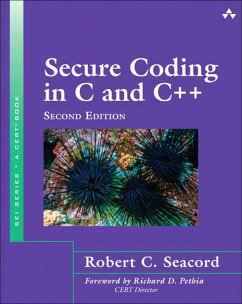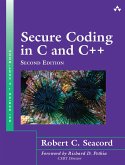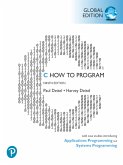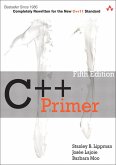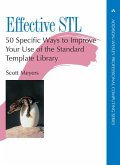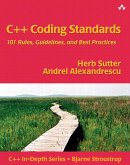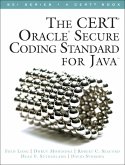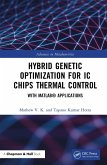Commonly exploited software vulnerabilities are usually caused by avoidable software defects. Having analyzed tens of thousands of vulnerability reports since 1988, CERT has determined that a relatively small number of root causes account for most of the vulnerabilities.
Secure Coding in C and C++, Second Edition, identifies and explains these root causes and shows the steps that can be taken to prevent exploitation. Moreover, this book encourages programmers to adopt security best practices and to develop a security mindset that can help protect software from tomorrow's attacks, not just today's. Drawing on the CERT's reports and conclusions, Robert C. Seacord systematically identifies the program errors most likely to lead to security breaches, shows how they can be exploited, reviews the potential consequences, and presents secure alternatives.
Coverage includes technical detail on how to
- Improve the overall security of any C or C++ application
- Thwart buffer overflows, stack-smashing, and return-oriented programming attacks that exploit insecure string manipulation logic
- Avoid vulnerabilities and security flaws resulting from the incorrect use of dynamic memory management functions
- Eliminate integer-related problems resulting from signed integer overflows, unsigned integer wrapping, and truncation errors
- Perform secure I/O, avoiding file system vulnerabilities
- Correctly use formatted output functions without introducing format-string vulnerabilities
- Avoid race conditions and other exploitable vulnerabilities while developing concurrent code
The second edition features
- Updates for C11 and C++11
- Significant revisions to chapters on strings, dynamic memory management, and integer security
- A new chapter on concurrency
- Access to the online secure coding course offered through Carnegie Mellon's Open Learning Initiative (OLI)
Secure Coding in C and C++, Second Edition, presents hundreds of examples of secure code, insecure code, and exploits, implemented for Windows and Linux. If you're responsible for creating secure C or C++ software-or for keeping it safe-no other book offers you this much detailed, expert assistance.
Dieser Download kann aus rechtlichen Gründen nur mit Rechnungsadresse in A, B, BG, CY, CZ, D, DK, EW, E, FIN, F, GR, HR, H, IRL, I, LT, L, LR, M, NL, PL, P, R, S, SLO, SK ausgeliefert werden.
Hinweis: Dieser Artikel kann nur an eine deutsche Lieferadresse ausgeliefert werden.

